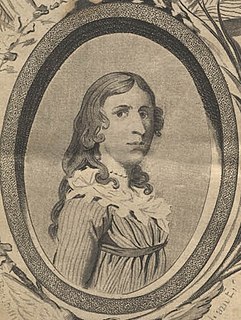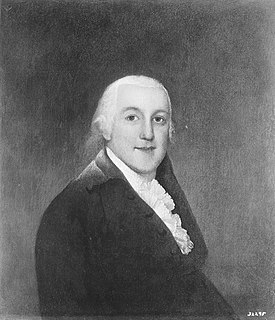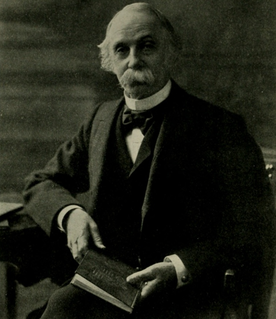A Quote by Charles Caleb Colton
Idleness is the grand Pacific Ocean of life, and in that stagnant abyss the most salutary things produce no good, the most noxious no evil. Vice, indeed, abstractedly considered, may be, and often is engendered in idleness; but the moment it becomes efficiently vice, it must quit its cradle and cease to be idle.
Related Quotes
In this world, there is no absolute good, no absolute evil," the man said. "Good and evil are not fixed, stable entities, but are continually trading places. A good may be transformed into an evil in the next second. And vice versa. Such was the way of the world that Dostoevsky depicted in The Brothers Karamazov. The most important thing is to maintain the balance between the constantly moving good and evil. If you lean too much in either direction, it becomes difficult to maintain actual morals. Indeed, balance itself is the good.
Beauty and art pervade all the business of life like a kindly genius, brightly adorning our surroundings whether interior or exterior, mitigating the seriousness of existence and the complexities of the real life, extinguishing idleness in an entertaining fashion, and, where there is nothing good to be achieved, filling the place of vice better than vice itself.
A vice sanctioned by the general opinion is merely a vice. The evil terminates in itself. A vice condemned by the general opinion produces a pernicious effect on the whole character. The former is a local malady; the latter, constitutional taint. When the reputation of the offender is lost, he too often flings the remainder of his virtue after it in despair.
If capitalism worked as the socialists think an economic system ought to work, and provided a constant equality of living conditions for all, regardless of whether a man was able or not, resourceful or not, diligent or not, thrifty or not, if capitalism put no premiums on resourcefulness and effort and not penalty on idleness or vice, it would produce only an equality of destitution.
To maintain the harmony of authority and obedience, to chastise the proud, to protect the weak, to reward the deserving, to banish vice and idleness from his dominions, to secure the traveller and merchant, to restrain the depredations of the soldier, to cherish the labors of the husbandman, to encourage industry and learning, and, by an equal and moderate assessment, to increase the revenue, without increasing the taxes, are indeed the duties of a prince . . .
There are in France some fifty thousand young men of good birth and fairly well off who are encouraged to live a life of complete idleness. They must either cease to exist or must come to see that there can be no happiness, no health even, without regular daily labor of some sort... The need of work is in me.




































